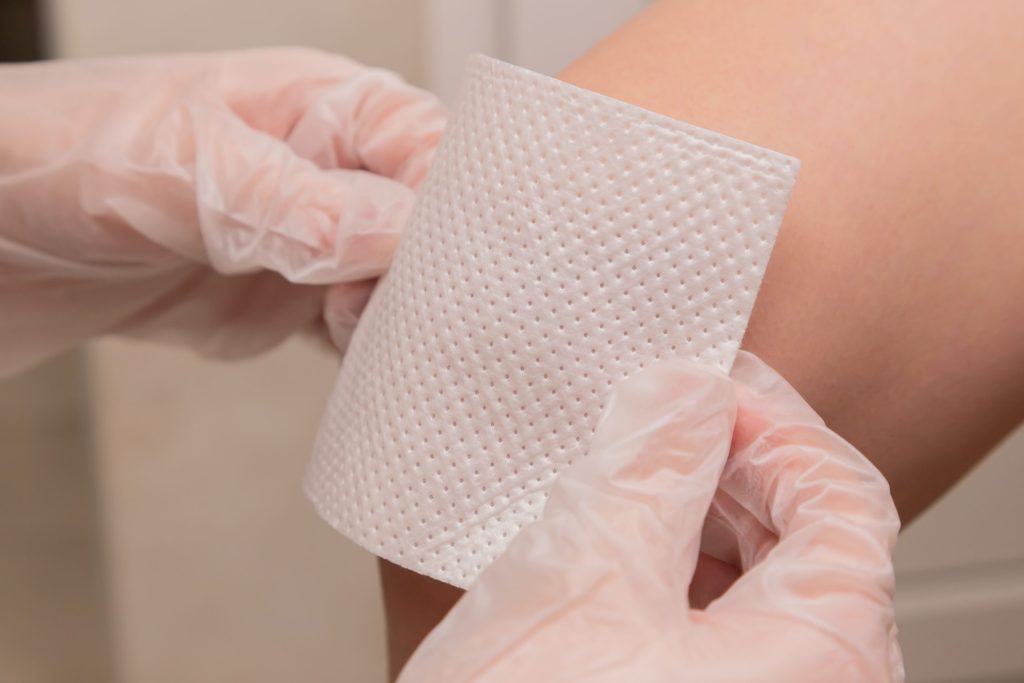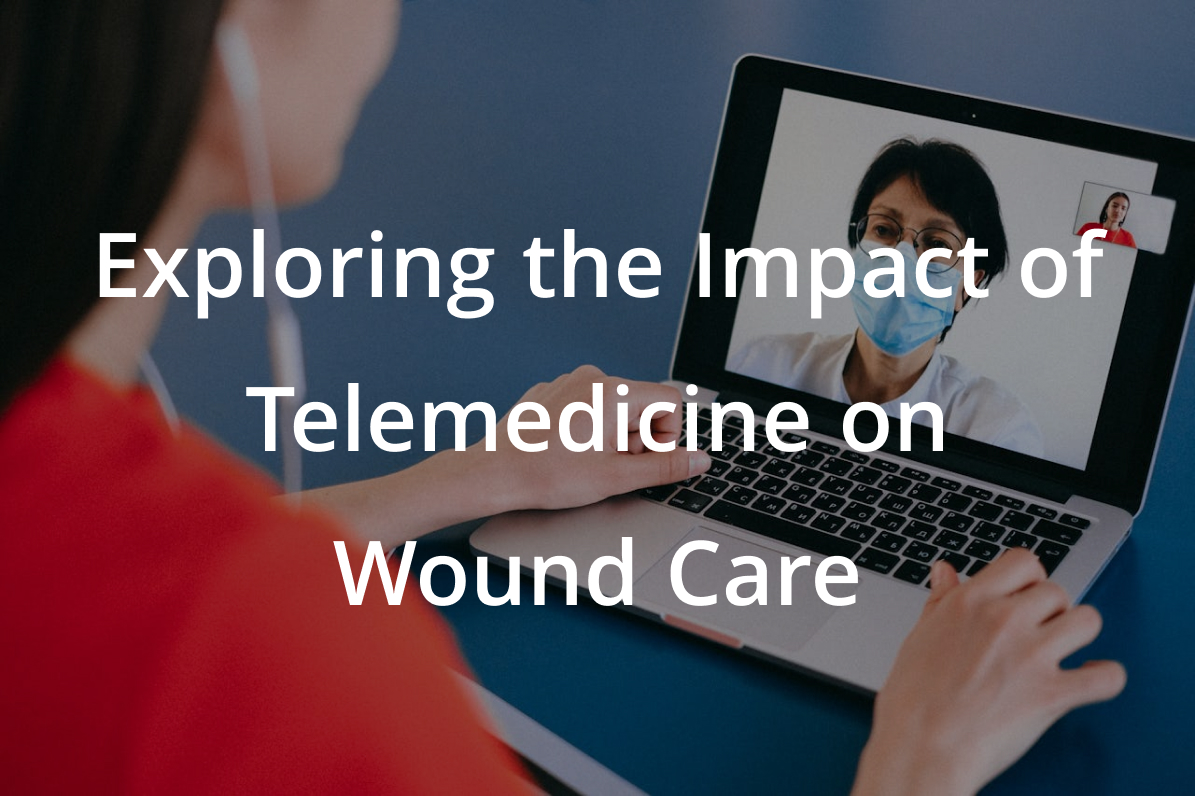
Chronic wounds, wounds that fail to heal within a reasonable time frame, pose a significant challenge in medical care. These wounds, often seen in patients with diabetes, poor circulation, or prolonged pressure, require a comprehensive approach for effective management. This blog, guided by Dr. Som’s expertise addresses the challenges of chronic wound management and provides insights into effective treatment options and approaches for complex wound management.
The Complexity of Chronic Wound Management
Managing chronic wounds goes beyond simple dressing changes. It involves understanding the underlying causes, preventing infection, and promoting healing in wounds that are often resistant to traditional treatment methods. Dr. Som emphasizes the importance of a holistic approach, considering the patient’s overall health, the wound’s nature, and the presence of any complicating factors like infection or poor circulation.
Key Strategies in Chronic Wound Management
Effective chronic wound management encompasses a range of strategies and treatments:
Assessment and Monitoring:
Regular, thorough assessment of the wound is crucial. This includes monitoring for signs of infection, changes in size or depth, and response to treatments.
Control of Underlying Conditions:
Managing conditions like diabetes, venous insufficiency, or arterial disease is vital, as these can significantly impact wound healing.
Wound Infection Treatment:
Treating infection promptly with appropriate antibiotics and antiseptics is essential to prevent the spread of infection and further deterioration of the wound.
Advanced Dressings:
Utilizing advanced dressings that maintain a moist wound environment, promote tissue regeneration, and control infection can be highly effective.
Debridement:
Regular debridement to remove dead tissue and promote healing is a key aspect of managing chronic wounds.
Complex Wound Management Approaches
For wounds that do not respond to standard treatments, more complex approaches may be necessary:
Autologous Skin Grafts: In cases where large areas of skin are lost, autologous skin grafts, using the patient’s own skin, can be effective.
Biologic dressings and grafts: In cases where wounds continue for greater than 30 days despite continued therapy, biologic dressings and grafts are utilized to expedite and stimulate healing.
Negative Pressure Wound Therapy (NPWT): This involves using a vacuum dressing to promote healing in acute or chronic wounds.
Hyperbaric Oxygen Therapy: For certain wounds, especially those related to diabetes or radiation injury, hyperbaric oxygen therapy can improve healing by increasing oxygen supply to the wound site.
Wound Treatment Options: Tailoring to Individual Needs
Each wound is unique, and treatment must be tailored to the individual’s specific needs. This can include:
Lifestyle Changes: Such as improving nutrition, quitting smoking, and managing weight.
Physical Therapy: To improve circulation and mobility, especially in pressure ulcers.
Pain Management: Effective pain control is essential for patient comfort and compliance with treatment regimens.
Conclusion
Chronic wound management is a challenging yet critical aspect of healthcare. It demands a comprehensive approach that includes diligent wound care, infection control, and addressing underlying health issues. With advances in treatment options like autologous skin grafts, biologic dressings and grafts and hyperbaric oxygen therapy, there is hope for even the most complex wounds. Dr. Som and his team, with their expertise in wound care, are dedicated to providing personalized and effective treatment plans for those struggling with chronic wounds. For those facing the challenges of chronic wound management, consulting with experts like Dr. Som can be the first step toward effective healing and improved quality of life.




